Diseases and Conditions › Eye Health › Healthy eyes linked to healthy diet and lifestyle
A healthy diet containing plenty of antioxidants and fish can reduce the risk of age-related macular degeneration (AMD), says a new study from Harvard Medical School.
“These findings suggest that sick eyes may occur in sick bodies,” wrote lead author Joanna Seddon in the journal Nutrition (Vol. 22, pp. 441-443).
AMD affects the central part of the retina called the macula, which controls fine vision, leaving sufferers with only limited sight. AMD affects over 30 million people worldwide, and is the leading cause of blindness in people over 50.
Based on data from the Age-Related Eye Disease Study (AREDS), the scientists analysed blood samples for compounds in the blood that have been linked to inflammation and AMD.
Increased levels C-reactive protein (CRP) and the amino acid homocysteine (HCY) have been suggested to be adequate ‘markers’ for inflammation.
HCY data was available for 934 participants of the original AREDS study, and CRP measurements were available for 930. The original AREDS study population was 1026. Intake of the antioxidants, vitamin C and E, lutein, zeaxanthin, alpha- and beta-carotene, as well as fish intake, were obtained from the original data.
“Higher levels of serum antioxidants vitamin C and lutein/zeaxanthin and higher fish intake were associated with lower serum CRP levels, whereas vitamin E, smoking and increased BMI were associated with increased CRP,” wrote Seddon.
“For every 1000 micrograms per decilitre increase of lutein/zeaxanthin in blood, there was a two milligrams per litre decrease in CRP,” said the researchers.
A 0.2 milligrams per litre decrease in CRP was also associated with more than two servings of fish per week.
Linking vitamin E with increased levels of CRP indicates that the vitamin might increase the risk of AMD, which disagrees with an earlier Dutch study that concluded: “The risk of AMD can be modified by diet; in particular vitamin E and zinc.” (Journal of the American Medical Association, Vol. 294, pp. 3101-3107)
The Harvard researchers said: “The positive association seen between higher CRP levels and increased vitamin E levels deserves additional study and may be related to known pro-oxidant effects of vitamin E with higher doses or displacement of other fat-soluble antioxidants,”
Interestingly, vitamin E was linked to lower, and not higher, levels of HCY. No explanation for this was given by the researchers.
The Harvard study adds to a growing body of data that shows protective benefits of antioxidants, particularly lutein and zeaxanthin, against AMD.
The market has seen a slight decline in eye health supplement launches since 2003, when 30 new products were launched, according to Mintel’s Global New Product Database.
The majority of the products launched in the last three years have contained the carotenoid lutein, while some have also contained zeaxanthin.
Previous research has suggested lutein intake fortifies the macula of the eye. The macula filters out blue wavelength light from the sun and artificial light, suppressing the oxidation of retinal cells that can otherwise cause degenerative eye disease.
Article Source: http://nutraingredients.com

“These findings suggest that sick eyes may occur in sick bodies,” wrote lead author Joanna Seddon in the journal Nutrition (Vol. 22, pp. 441-443).
AMD affects the central part of the retina called the macula, which controls fine vision, leaving sufferers with only limited sight. AMD affects over 30 million people worldwide, and is the leading cause of blindness in people over 50.
Based on data from the Age-Related Eye Disease Study (AREDS), the scientists analysed blood samples for compounds in the blood that have been linked to inflammation and AMD.
Increased levels C-reactive protein (CRP) and the amino acid homocysteine (HCY) have been suggested to be adequate ‘markers’ for inflammation.
HCY data was available for 934 participants of the original AREDS study, and CRP measurements were available for 930. The original AREDS study population was 1026. Intake of the antioxidants, vitamin C and E, lutein, zeaxanthin, alpha- and beta-carotene, as well as fish intake, were obtained from the original data.
“Higher levels of serum antioxidants vitamin C and lutein/zeaxanthin and higher fish intake were associated with lower serum CRP levels, whereas vitamin E, smoking and increased BMI were associated with increased CRP,” wrote Seddon.
“For every 1000 micrograms per decilitre increase of lutein/zeaxanthin in blood, there was a two milligrams per litre decrease in CRP,” said the researchers.
A 0.2 milligrams per litre decrease in CRP was also associated with more than two servings of fish per week.
Linking vitamin E with increased levels of CRP indicates that the vitamin might increase the risk of AMD, which disagrees with an earlier Dutch study that concluded: “The risk of AMD can be modified by diet; in particular vitamin E and zinc.” (Journal of the American Medical Association, Vol. 294, pp. 3101-3107)
The Harvard researchers said: “The positive association seen between higher CRP levels and increased vitamin E levels deserves additional study and may be related to known pro-oxidant effects of vitamin E with higher doses or displacement of other fat-soluble antioxidants,”
Interestingly, vitamin E was linked to lower, and not higher, levels of HCY. No explanation for this was given by the researchers.
The Harvard study adds to a growing body of data that shows protective benefits of antioxidants, particularly lutein and zeaxanthin, against AMD.
The market has seen a slight decline in eye health supplement launches since 2003, when 30 new products were launched, according to Mintel’s Global New Product Database.
The majority of the products launched in the last three years have contained the carotenoid lutein, while some have also contained zeaxanthin.
Previous research has suggested lutein intake fortifies the macula of the eye. The macula filters out blue wavelength light from the sun and artificial light, suppressing the oxidation of retinal cells that can otherwise cause degenerative eye disease.
Article Source: http://nutraingredients.com
Article By: Joanna Seddon
Most Read
New Articles
Most Viewed
Most Downloads
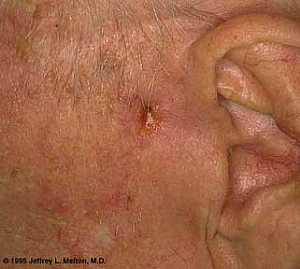 Basal Cell Carcinoma ("Rodent Ulcer" Type)
Basal Cell Carcinoma ("Rodent Ulcer" Type)
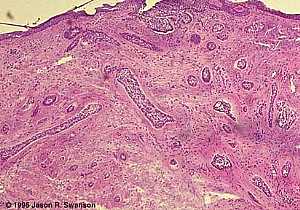 Basal Cell Carcinoma (Histology-Morpheaform Type)
Basal Cell Carcinoma (Histology-Morpheaform Type)
 Basal Cell Carcinoma (Histology-Nodular Type - High power)
Basal Cell Carcinoma (Histology-Nodular Type - High power)
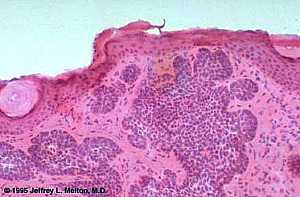 Basal Cell Carcinoma (Histology-Nodular Type- High power)
Basal Cell Carcinoma (Histology-Nodular Type- High power)
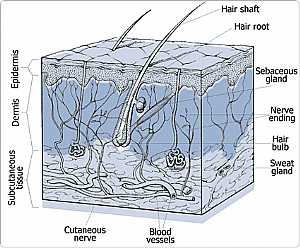 Skin
Skin
 Nervous System -- Basic
Nervous System -- Basic
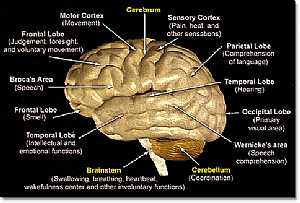 Brain anatomy
Brain anatomy
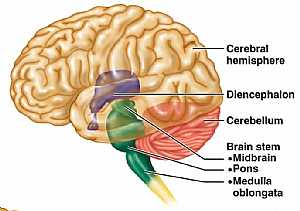 Brain anatomy
Brain anatomy
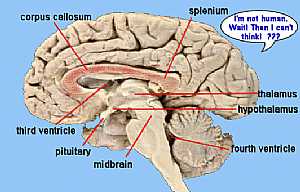 Brain anatomy
Brain anatomy
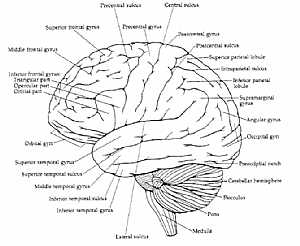 Brain anatomy
Brain anatomy
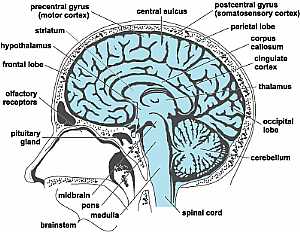 Head anatomy
Head anatomy
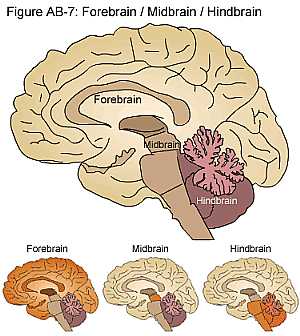 Brain anatomy
Brain anatomy
eDoctorOnline.com does not provide medical advice, diagnosis or treatment.
© Copyright 2001-2022 eDoctorOnline.com
© Copyright 2001-2022 eDoctorOnline.com

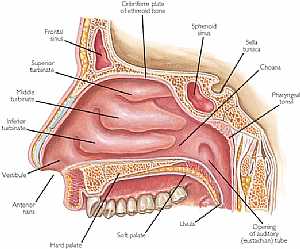 Nose anatomy
Nose anatomy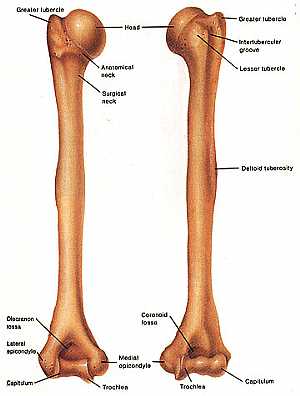 Humerus bone
Humerus bone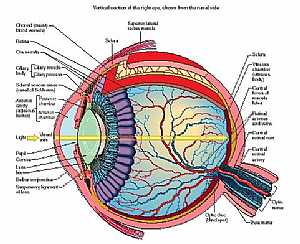 Eye anatomy
Eye anatomy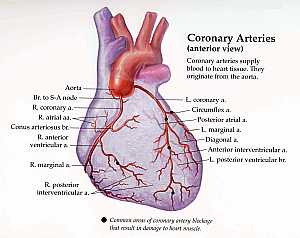 Coronary arteries anatomy
Coronary arteries anatomy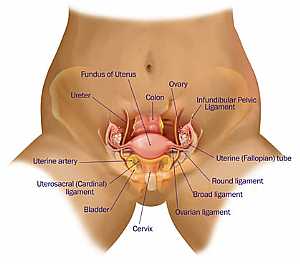 Female pelvic anatomy
Female pelvic anatomy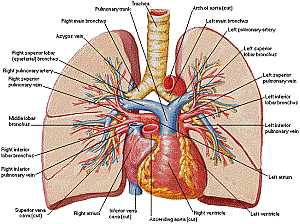 Heart and lung anatomy
Heart and lung anatomy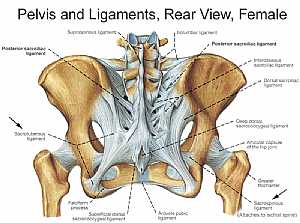 Bones and ligaments of the FEMALE Pelvis
Bones and ligaments of the FEMALE Pelvis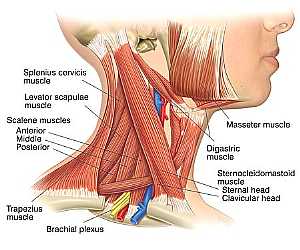 Neck Anatomy
Neck Anatomy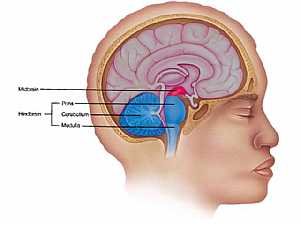 MidBrain anatomy
MidBrain anatomy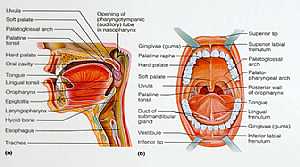 Oral Cavity
Oral Cavity Stomach anatomy
Stomach anatomy Lung anatomy
Lung anatomy Basal Cell Carcinoma ("Rodent Ulcer" Type)
Basal Cell Carcinoma ("Rodent Ulcer" Type) Basal Cell Carcinoma (Histology-Morpheaform Type)
Basal Cell Carcinoma (Histology-Morpheaform Type) Basal Cell Carcinoma (Histology-Nodular Type - High power)
Basal Cell Carcinoma (Histology-Nodular Type - High power) Basal Cell Carcinoma (Histology-Nodular Type- High power)
Basal Cell Carcinoma (Histology-Nodular Type- High power) Skin
Skin Nervous System -- Basic
Nervous System -- Basic Brain anatomy
Brain anatomy Brain anatomy
Brain anatomy Brain anatomy
Brain anatomy Brain anatomy
Brain anatomy Head anatomy
Head anatomy Brain anatomy
Brain anatomy
Be the first one to comment on this article!